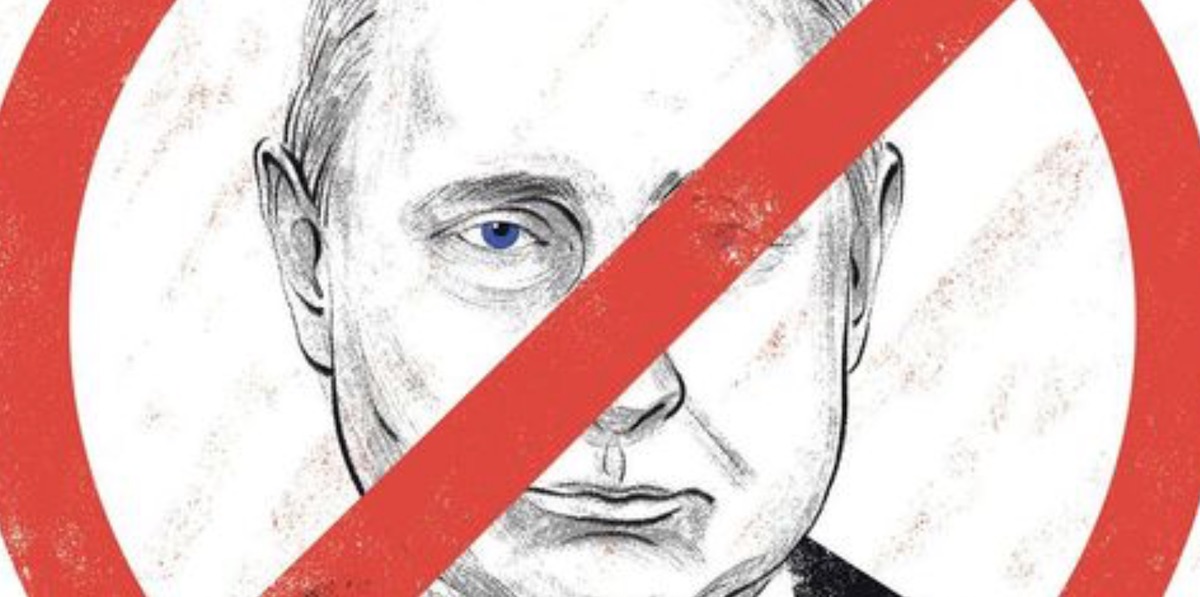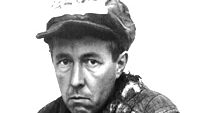But how about something other than a catastrophe – a feeling of guilt for massacring Ukrainians, with whom Putin declared to be of one people with Russians? There’s plenty to cause contrition – the deliberate targeting of hospitals, schools, humanitarian aid centres, evacuation corridors, non-military, civilian buildings, pillaging of homes and stores, municipal water supplies – terrorizing the population with high explosive munitions against apartment building, etc. Can this impact Putin idolatry?
A collective feeling of guilt certainly influenced West Germans after capitulation in 1945. But it took time, education and also the presence of the British, French and Americans. Russians will not experience any foreign occupation. What would induce post-Putin governments to support authentic history, to write school undistorted texts that don’t absolve the Russian military of war crimes.
We must remember that the current May 9 celebrations celebrate the Red Army’s Victory and the ‘Liberation’ of Europe. For all Russians, including Putin’s opponents, it doesn’t mark the beginning of Soviet suppression for half of Europe and it doesn’t engender any collective guilt, a sign of an open, democratic society.
All Soviet and Russian leaders, particularly Putin have stressed that Russia was destined to be large, powerful country you don’t antagonize, but rather fear. The Russians should be proud of this, the Kremlin says. It’s the state ideology.
(Read more: Estonian Life No. 13 2022 paber- and PDF/digi)
Laas Leivat, Toronto




